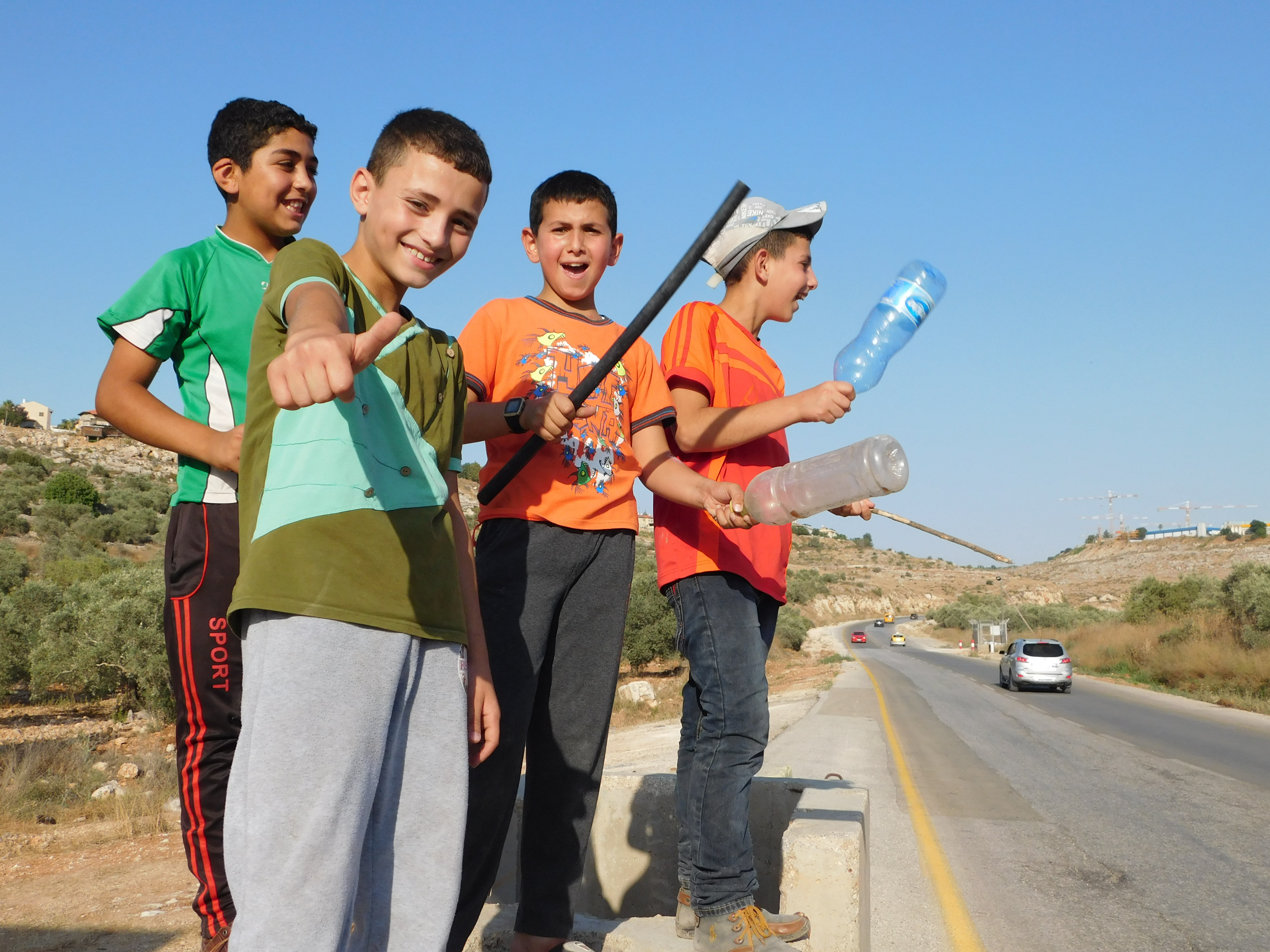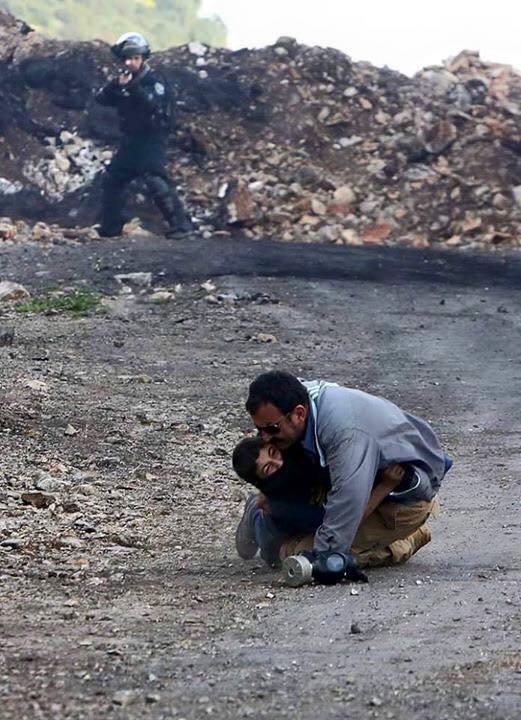Tag: Nablus
-
Qarawah water apartheid
21st June 2016 | IWPS | Deir Istiya, occupied Palestine When Aziz ‘Aasee, the mayor of Qarawah Bani Hassan village drives through the streets, we’re stopped every few meters by one of his constituents, all of whom are asking the same question: When will we have water again? For some, the question is a joke;…
-
11 year old shot in Kafr Qaddum demonstration
15th March 2016 | International Solidarity Movement, al-Khalil team | Kafr Qaddum, occupied Palestine On Friday the 4th or March, Palestinians and international activists alike joined together to march against Israel’s illegal occupation in Kafr Quaddum. During this march, the boy identified as Khaled, 11 years of age was shot with live ammunition and suffered…



